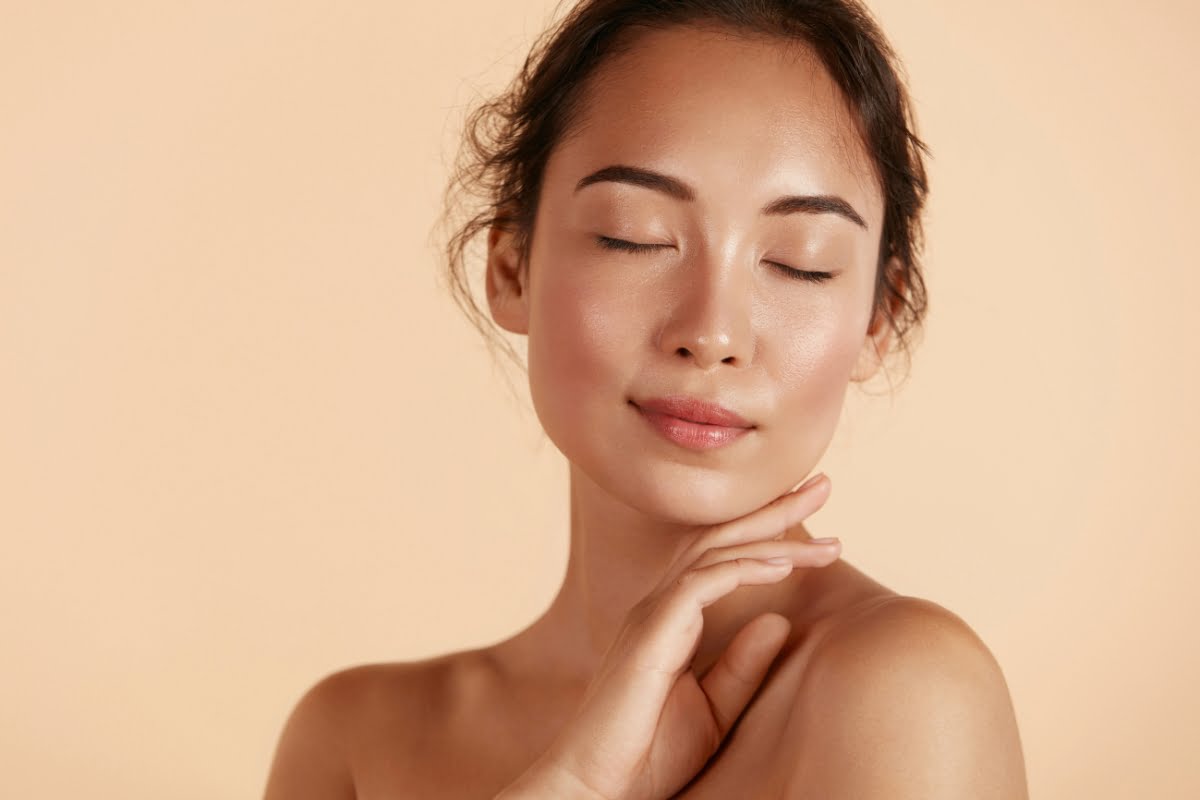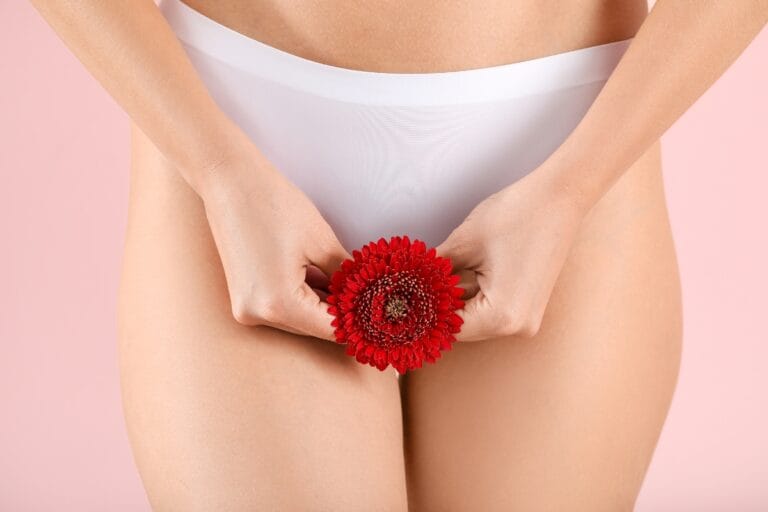Achieving healthy, youthful skin often starts with one simple but crucial element: hydration. Proper moisture levels are essential for maintaining skin elasticity, which helps your skin look firm, smooth, and resilient against the signs of aging.
In this guide, we’ll uncover the secrets of hydration and how it plays a pivotal role in boosting skin elasticity. From understanding the science behind moisture retention and the benefits of various hydrating ingredients to incorporating effective skincare routines and lifestyle habits, we’ll provide you with comprehensive insights to keep your skin supple and radiant.
Whether you’re dealing with dry skin or looking to enhance your skincare regimen, discover how proper hydration can transform your skin’s appearance and health.
Want Youthful, Firm Skin? Discover the Secrets to Help Improve Enhancing Skin Elasticity
The Science Behind Skin Hydration
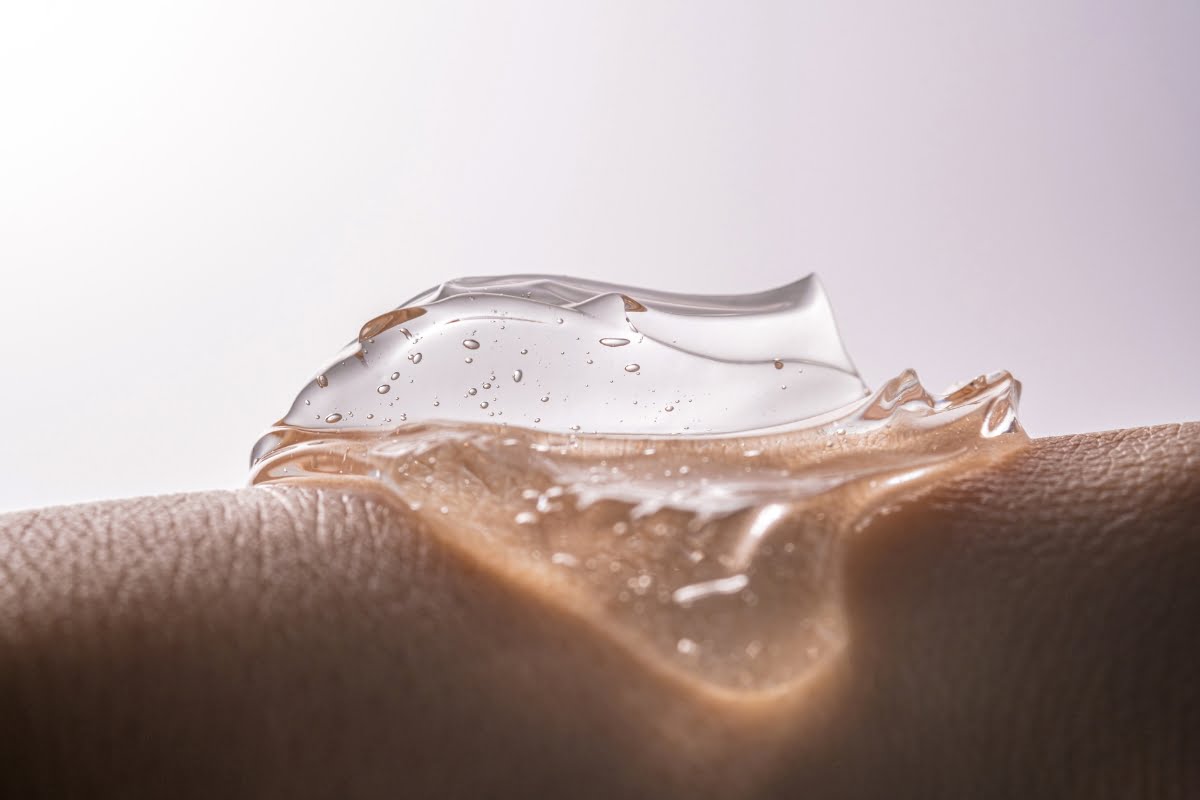
Before we delve into the secrets of skin hydration, it’s essential to understand the science behind it. Our skin is made up of three layers: the epidermis, dermis, and hypodermis. The outermost layer, the epidermis, acts as a protective barrier against external factors such as UV radiation and pollution. It also helps regulate water loss from the body.
Within the epidermis, there are cells called keratinocytes that produce a protein called keratin. Keratin plays a crucial role in maintaining skin hydration by preventing excessive water loss through evaporation. It forms a barrier that keeps moisture locked in and protects against environmental stressors.
Beneath the epidermis lies the dermis, which contains collagen and elastin fibers responsible for skin elasticity. Collagen provides structural support to the skin, while elastin allows it to stretch and bounce back to its original shape. Both collagen and elastin depend on adequate hydration to function optimally.
When our skin lacks proper moisture, these collagen and elastin fibers become weak and brittle. As a result, our skin loses its elasticity and firmness over time. Dehydration also impairs blood circulation to the skin, reducing nutrient supply and hindering cellular repair processes.
Understanding Skin Elasticity
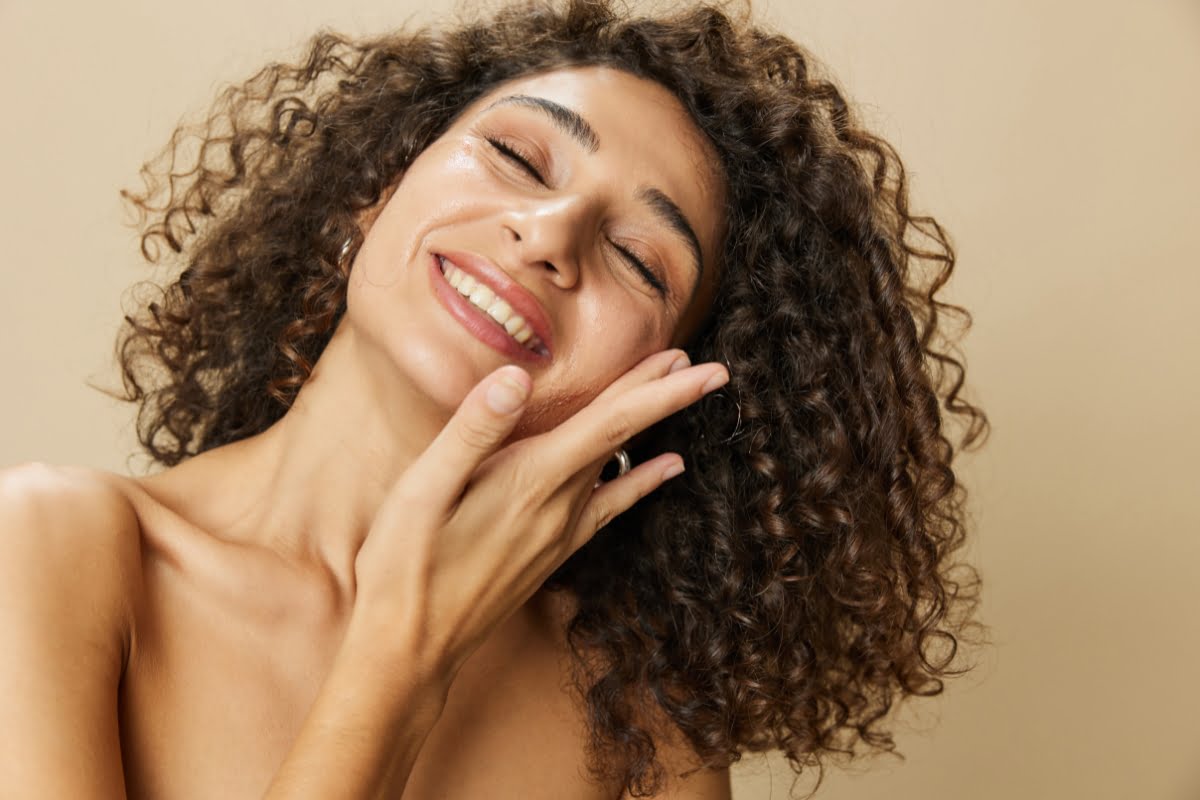
Skin elasticity refers to its ability to stretch and return to its original shape without sagging or wrinkling. It is an essential characteristic of youthful-looking skin that many strive to maintain as they age.
Elastin fibers in the dermis play a significant role in determining skin elasticity. These fibers are like tiny rubber bands that allow your skin to stretch when you make facial expressions or move your body. When you’re young, your body produces an abundance of elastin, giving your skin that smooth and supple appearance.
However, as we age, the production of elastin slows down, and existing fibers become damaged. Factors such as sun exposure, smoking, and pollution can further accelerate this process. Without proper hydration, the elastin fibers lose their flexibility and become less efficient at snapping back into place. This leads to sagging and loose skin, fine lines, and wrinkles.
Maintaining a healthy diet rich in antioxidants, vitamins, and minerals can support skin health and elasticity. Regular exercise boosts circulation, delivering essential nutrients to skin cells.
Additionally, using skincare products with ingredients like retinoids, hyaluronic acid, and peptides can promote elastin production and hydration.
Avoiding excessive sun exposure and applying broad-spectrum sunscreen daily can also protect elastin fibers from UV damage. Implementing these practices can help preserve skin elasticity and maintain a youthful complexion over time.
Effects of Dehydration on Skin
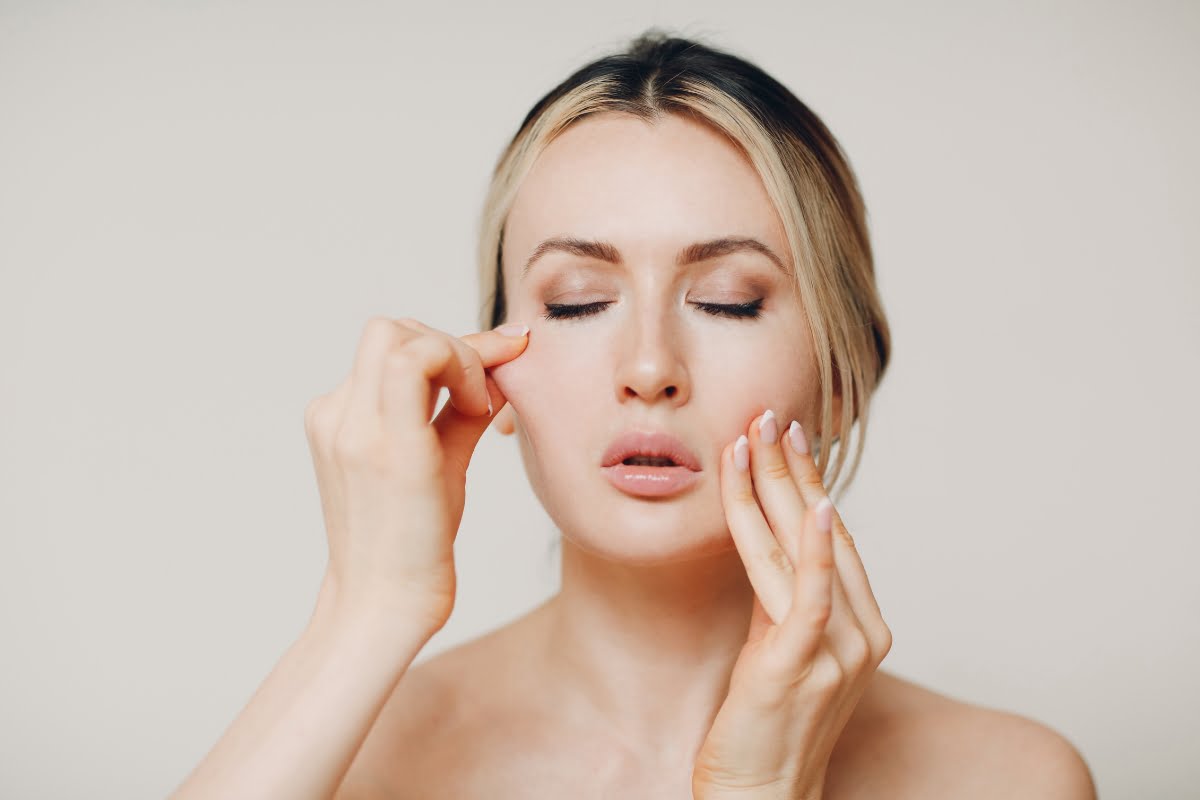
Dehydration is one of the primary culprits behind dull and lackluster skin. When your body lacks sufficient water intake or when external factors strip away moisture from your skin, it can result in various negative effects.
One common effect of dehydration is dryness. When your skin lacks moisture, it may feel tight, rough, or flaky. Dry skin is more prone to irritation and can exacerbate conditions like eczema or psoriasis.
In addition to dryness, dehydration can also lead to a loss of skin plumpness and firmness. As mentioned earlier, collagen and elastin fibers rely on adequate hydration to maintain their structure and function optimally. Without enough moisture, these fibers weaken over time, resulting in sagging skin and the formation of wrinkles.
Furthermore, dehydrated skin may produce excess oil as a compensatory mechanism. This can lead to clogged pores and an increased risk of acne breakouts.
Dehydration can also impact the skin’s natural barrier function, making it more susceptible to environmental damage and pollutants. This compromised barrier can allow irritants and allergens to penetrate more easily, leading to inflammation and sensitivity.
To combat dehydration, it is crucial to drink plenty of water, use hydrating skincare products, and protect your skin from harsh environmental conditions. Regular moisturizing and using a humidifier in dry climates can also help maintain optimal skin hydration levels.
Importance of Water Intake for Skin Health

The importance of drinking enough water for overall health is well-known. But how does it specifically impact our skin?
When you drink water, it gets absorbed into your bloodstream and circulates throughout your body. This includes reaching the tiny blood vessels near the surface of your skin called capillaries. These capillaries supply oxygen and nutrients to the skin cells, promoting a healthy complexion.
Water also helps flush out toxins from the body, reducing the likelihood of skin issues such as acne or inflammation. It aids in maintaining proper pH balance, which is crucial for healthy skin function.
Additionally, drinking enough water can improve blood flow to the skin, giving you a natural glow. It helps plump up the skin cells, reducing the appearance of fine lines and wrinkles.
Proper hydration also supports the skin’s elasticity and resilience, making it less prone to sagging and aging. Adequate water intake ensures that skin cells are well-nourished and can repair themselves more efficiently, speeding up the healing process for minor injuries and irritations.
Hydrated skin is also better at withstanding environmental stressors, such as UV radiation and pollution, as its barrier function remains intact. Therefore, maintaining a consistent intake of water is vital for achieving and sustaining vibrant, healthy skin.
Hydrating Ingredients in Skincare Products
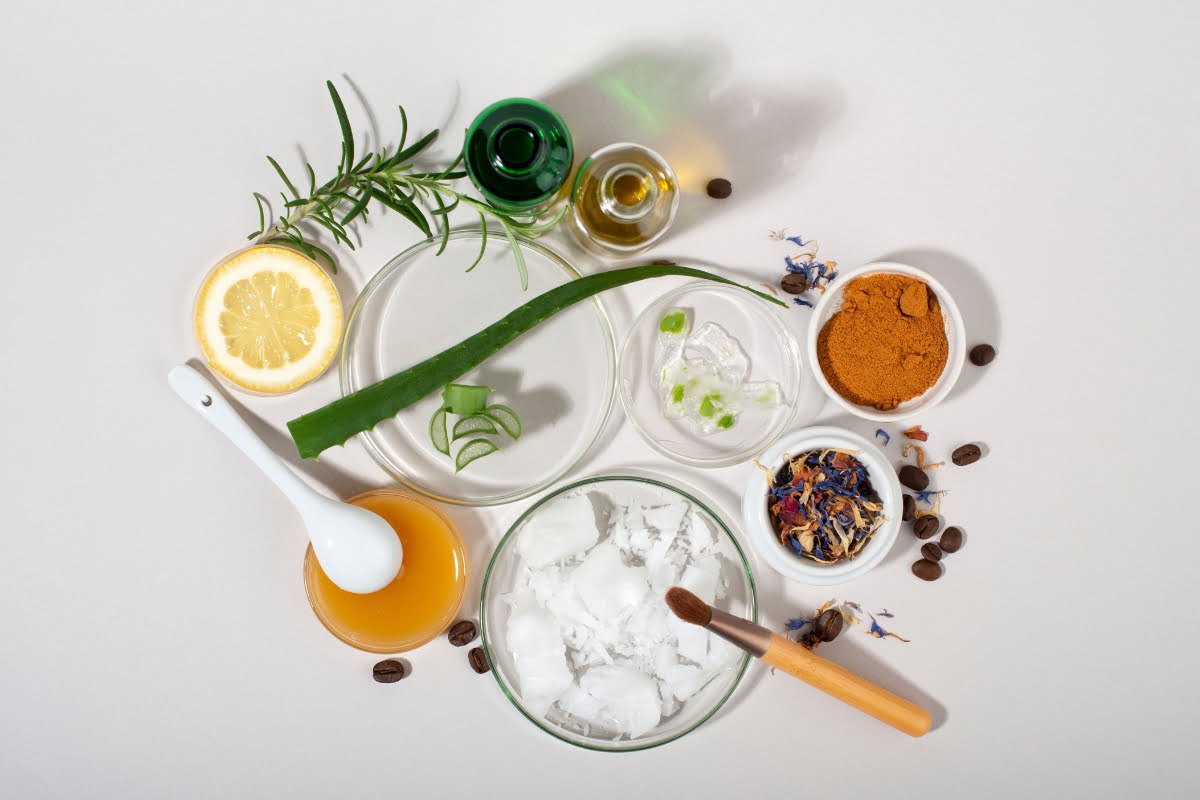
While proper hydration starts from within, skincare products can also play a significant role in maintaining skin moisture levels. Many products on the market contain hydrating ingredients that help replenish and retain moisture in the skin.
- Hyaluronic Acid: One common ingredient found in moisturizers is hyaluronic acid. It is a naturally occurring substance in our bodies that holds water and keeps our tissues well lubricated. When applied topically, hyaluronic acid attracts moisture from the environment and binds it to the skin, keeping it hydrated throughout the day.
- Glycerin: Glycerin is another popular humectant used in skincare products. It draws water from deeper layers of your skin or from the air into its outermost layer, preventing moisture loss and maintaining hydration.
- Ceramides: Ceramides are lipids found naturally in our skin that help form its protective barrier. They act as a sealant to prevent water loss and keep irritants out. Skincare products containing ceramides can enhance your skin’s ability to retain moisture.
- Aloe Vera: Aloe vera is also widely used for its soothing and hydrating properties. It contains a plethora of vitamins, minerals, and antioxidants that not only provide deep hydration but also help calm irritated skin. Aloe vera gel can be especially beneficial for those with sensitive or sun-damaged skin.
- Urea: Urea is another ingredient that deserves mention. It is a natural component of the skin’s own moisturizing factor and helps to maintain a healthy moisture balance. Urea softens the skin and enhances its barrier function, making it more resilient to environmental stressors.
- Panthenol (Pro-Vitamin B5): Panthenol, also known as pro-vitamin B5, is a powerful humectant that not only moisturizes but also improves the skin’s elasticity and smoothness. It aids in healing and offers anti-inflammatory benefits, making it ideal for sensitive or damaged skin.
- Sodium PCA (Pyrrolidone Carboxylic Acid): Lastly, sodium PCA (pyrrolidone carboxylic acid) is a naturally occurring humectant that attracts water into the skin, significantly enhancing hydration. It’s especially effective when combined with other moisturizing ingredients, ensuring that your skin remains well-hydrated, soft, and supple.
Incorporating products with these hydrating ingredients into your skincare routine can help maintain optimal moisture levels, resulting in healthier, more radiant skin.
Internal Hydration: Diet and Oral Collagen Supplements for Skin Elasticity
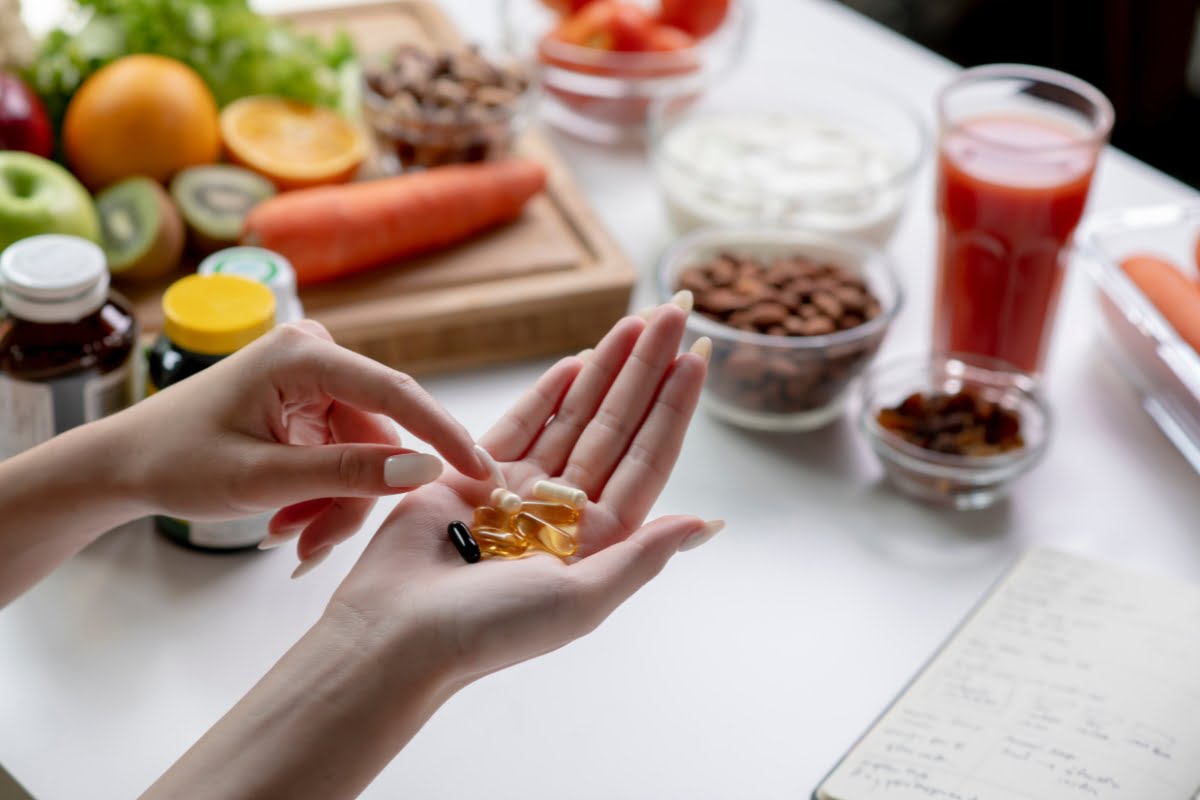
In addition to external hydration through skincare products, nourishing your body with hydrating foods and taking supplements like oral collagen hydrolysate can significantly improve skin wellness and elasticity.
Antioxidant-Rich Foods
Foods rich in antioxidants like fruits and vegetables help protect your skin from oxidative stress and promote collagen production. These nutrients neutralize free radicals, which can damage skin cells and lead to premature aging. Some excellent choices include:
- Berries: Blueberries, strawberries, raspberries, and blackberries are packed with antioxidants and vitamins.
- Citrus Fruits: Oranges, lemons, limes, and grapefruits are high in vitamin C, essential for collagen synthesis.
- Leafy Greens: Spinach, kale, and Swiss chard provide a variety of vitamins and minerals that support skin health.
- Bell Peppers: Red, yellow, and green peppers are rich in vitamins A and C, both crucial for maintaining healthy skin.
Omega-3 Fatty Acids
Omega-3 fatty acids found in fatty fish help maintain the skin’s natural oil barrier, preventing moisture loss. They also have anti-inflammatory properties that can reduce redness and irritation. Incorporating the following sources into your diet can be beneficial:
- Fatty Fish: Salmon, sardines, mackerel, and anchovies are excellent sources of omega-3s.
- Plant-Based Sources: Flaxseeds, chia seeds, and walnuts also provide omega-3 fatty acids for those who prefer plant-based options.
Herbal Teas
Drinking herbal teas can provide hydration while delivering additional skin benefits. Some beneficial teas include:
- Green Tea: Rich in antioxidants such as catechins, green tea helps protect the skin from damage and supports overall skin health.
- Chamomile Tea: Known for its soothing properties, chamomile can calm inflamed skin and reduce redness. It’s also a gentle way to add hydration.
Hydrating Supplements
If you struggle to meet your daily water intake through beverages alone, consider incorporating elastin supplements into your routine. These supplements work from within to support your skin’s hydration and improve skin elasticity:
- Collagen Peptides: These supplements can help increase skin elasticity and hydration, as collagen is a key structural protein in the skin.
- Hyaluronic Acid Capsules: Known for its ability to retain moisture, hyaluronic acid supplements can enhance skin hydration from the inside out.
- Vitamin E: This antioxidant helps protect skin cells from damage and supports overall skin health.
Hydrating Foods
Certain foods with high water content can also contribute to your skin’s hydration. Including these in your diet can help keep your skin plump and healthy:
- Cucumbers: With about 95% water content, cucumbers are incredibly hydrating and also provide vitamins and minerals.
- Watermelon: This fruit is not only hydrating but also contains vitamins A, B6, and C.
- Celery: High in water and rich in vitamins K, A, and C, celery is a great addition to a hydrating diet.
Incorporating these dietary and supplement strategies can significantly enhance your skin’s elasticity and overall health, complementing your external skincare routine.
Lifestyle Habits that Impact Skin Moisture Levels

Besides diet and skincare products, certain lifestyle habits can either enhance or hinder your skin’s moisture levels.
- Sun Exposure: Excessive sun exposure is one of the leading causes of dehydration in the skin. UV rays can damage collagen fibers and accelerate moisture loss, leading to dryness and premature aging. Protecting your skin with a broad-spectrum sunscreen and seeking shade during peak sun hours can help maintain its hydration and overall health. Wearing protective clothing and using hats can also minimize direct sun exposure.
- Smoking: Smoking not only affects your overall health but also severely damages the collagen and elastin fibers in the skin. The harmful chemicals in cigarettes constrict blood vessels, reducing the supply of oxygen and essential nutrients to skin cells. This impairs the skin’s ability to retain moisture and accelerates the aging process, resulting in dryness, wrinkles, and a dull complexion. Quitting smoking can significantly strengthen skin, improve its moisture levels, and restore skin elasticity and its natural glow.
- Indoor Climate Control: Air conditioning and central heating systems, while providing comfort, can strip away moisture from the air, creating dry indoor environments. This lack of humidity can lead to dry, flaky skin. Using a humidifier in your home or workplace can help add moisture back into the air, creating a more skin-friendly environment. Additionally, placing bowls of water around your living spaces can also increase humidity levels. Ensuring proper ventilation and regular use of moisturizing skincare products can further combat the drying effects of these systems.
- Physical Activity: Regular physical activity is another important lifestyle habit that impacts skin moisture levels. Exercise improves blood circulation, which helps deliver oxygen and nutrients to the skin cells, promoting a healthy complexion. Sweating during exercise also helps to unclog pores and flush out toxins, although it’s important to cleanse your skin afterwards to prevent dehydration and irritation.
- Stress Management: Stress management is crucial for maintaining skin moisture levels. Chronic stress can lead to hormonal imbalances that affect skin health, often causing dryness and breakouts. Practicing stress-reducing techniques such as yoga, meditation, and deep-breathing exercises can help maintain balanced skin moisture levels.
By adopting these healthy lifestyle habits, you can significantly enhance your skin’s moisture levels and overall appearance, complementing the benefits of a good diet and effective skincare products.
Hydration Tips for Different Skin Types

While proper hydration is essential for all skin types, different approaches may be necessary depending on your specific needs.
Dry Skin
- Moisturizers: Opt for rich and emollient moisturizers that provide long-lasting hydration.
- Ingredients: Look for products containing shea butter or ceramides to help replenish the skin’s moisture barrier.
- Serums: Incorporate a hydrating serum with hyaluronic acid before applying your moisturizer to boost hydration levels and provide extra nourishment.
Oily or Acne-Prone Skin
- Moisturizers: Choose lightweight and oil-free moisturizers that won’t clog your pores.
- Formulas: Gel-based formulas or products labeled as non-comedogenic are typically suitable options.
- Toners: Incorporating a toner with salicylic acid can help manage oil production while still providing hydration.
Combination Skin
- Approach: Use lighter moisturizers on oilier areas of your face, such as the T-zone, and more hydrating products on drier areas, like your cheeks.
- Customization: Pay attention to the specific needs of each zone and consider using different products for different parts of your face to address their unique requirements.
Sensitive Skin
- Products: Benefit from fragrance-free and hypoallergenic skincare products.
- Ingredients: Look for gentle ingredients like aloe vera or chamomile that soothe and hydrate without causing irritation.
- Avoid: Harsh exfoliants; instead, opt for products with calming properties, such as colloidal oatmeal or niacinamide, to maintain hydration while minimizing the risk of adverse reactions.
Ageing Skin
- Focus: Use products that provide deep hydration and support collagen production.
- Ingredients: Look for peptides, antioxidants, and retinol to help maintain elasticity and reduce the appearance of fine lines and wrinkles.
- Masks: Regular use of a hydrating mask can also provide an extra moisture boost to keep skin looking plump and youthful.
External Factors Affecting Skin Hydration
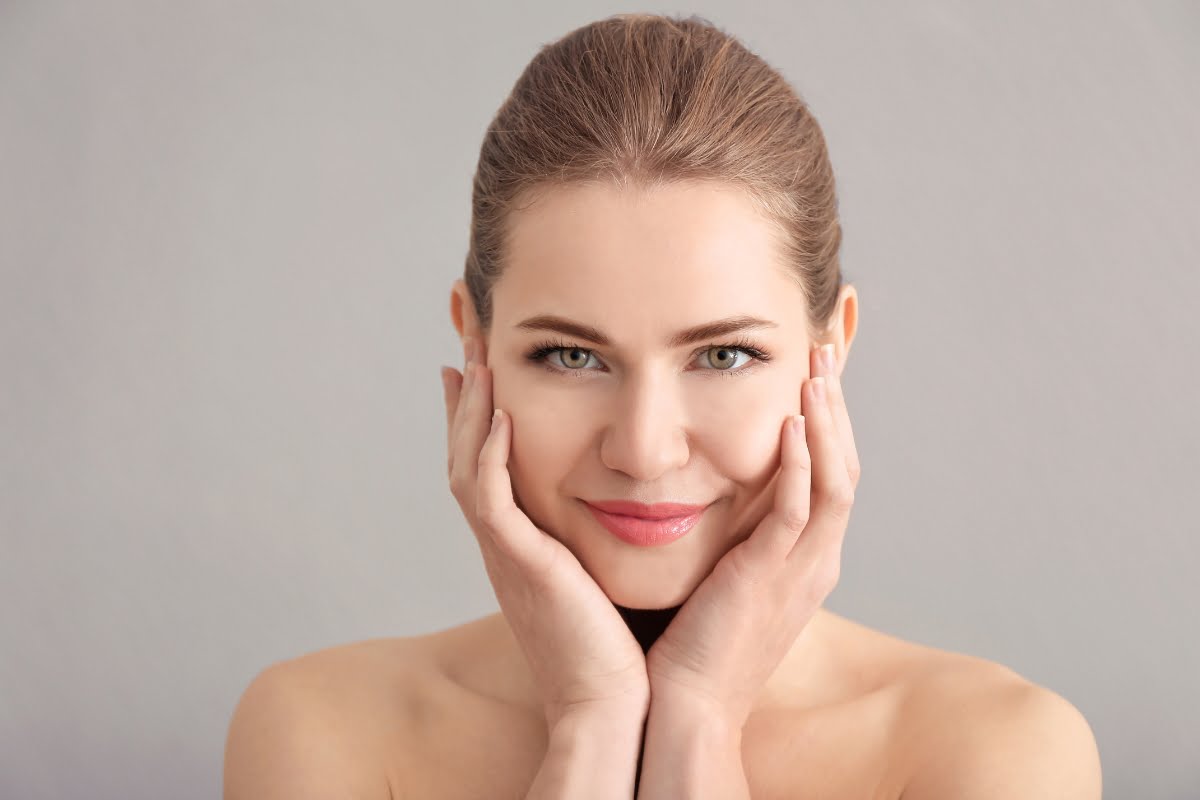
While internal hydration is crucial, external factors can also impact your skin’s moisture levels.
Harsh cleansers or hot water can strip away natural oils from your skin, leading to dryness and dehydration. Opt for gentle cleansers with hydrating properties and use lukewarm water when washing your face or showering. Avoid prolonged exposure to hot water, as it can exacerbate moisture loss.
Exfoliating regularly helps remove dead skin cells that can hinder moisture absorption. However, be mindful not to over-exfoliate, as it can disrupt the skin’s natural barrier function.
Stick to gentle exfoliants and limit the frequency based on your skin’s tolerance. Using chemical exfoliants like alpha hydroxy acids (AHAs) or beta hydroxy acids (BHAs) can be effective and less abrasive.
Weather conditions play a significant role in how our skin behaves. Cold temperatures and low humidity levels can cause moisture loss, leading to dry and flaky skin.
In contrast, hot and humid climates may increase sweat production, which can sometimes lead to dehydration if the skin is not adequately moisturized. Adjust your skincare routine accordingly to combat these external factors, such as using richer creams in winter and lighter, hydrating lotions in summer.
Pollution and environmental toxins can also negatively affect skin hydration by breaking down the skin’s protective barrier.
Incorporating antioxidant-rich products into your routine can help neutralize free radicals and support the skin’s natural defense mechanisms, maintaining hydration and overall health. Regularly cleaning your skin to remove pollutants and using protective skincare can help mitigate these effects.
Conclusion: Embracing Proper Moisture for Youthful Skin
Proper hydration is the key to maintaining youthful and elastic skin. By understanding the science behind skin hydration, you can make informed choices about your skincare routine and lifestyle habits. By embracing proper moisture, you can unlock the secrets to radiant and supple skin that defies the test of time.
Unlock the secrets to youthful, elastic skin with proper hydration techniques from Skin Suite Medspa. Our expert treatments are designed to boost your skin’s moisture and improve its elasticity, leaving you with a radiant, refreshed complexion. Contact us today at (770) 802-8900 to learn more, or book an appointment through our online contact form. Let Skin Suite Medspa guide you on your journey to healthier, more beautiful skin.

